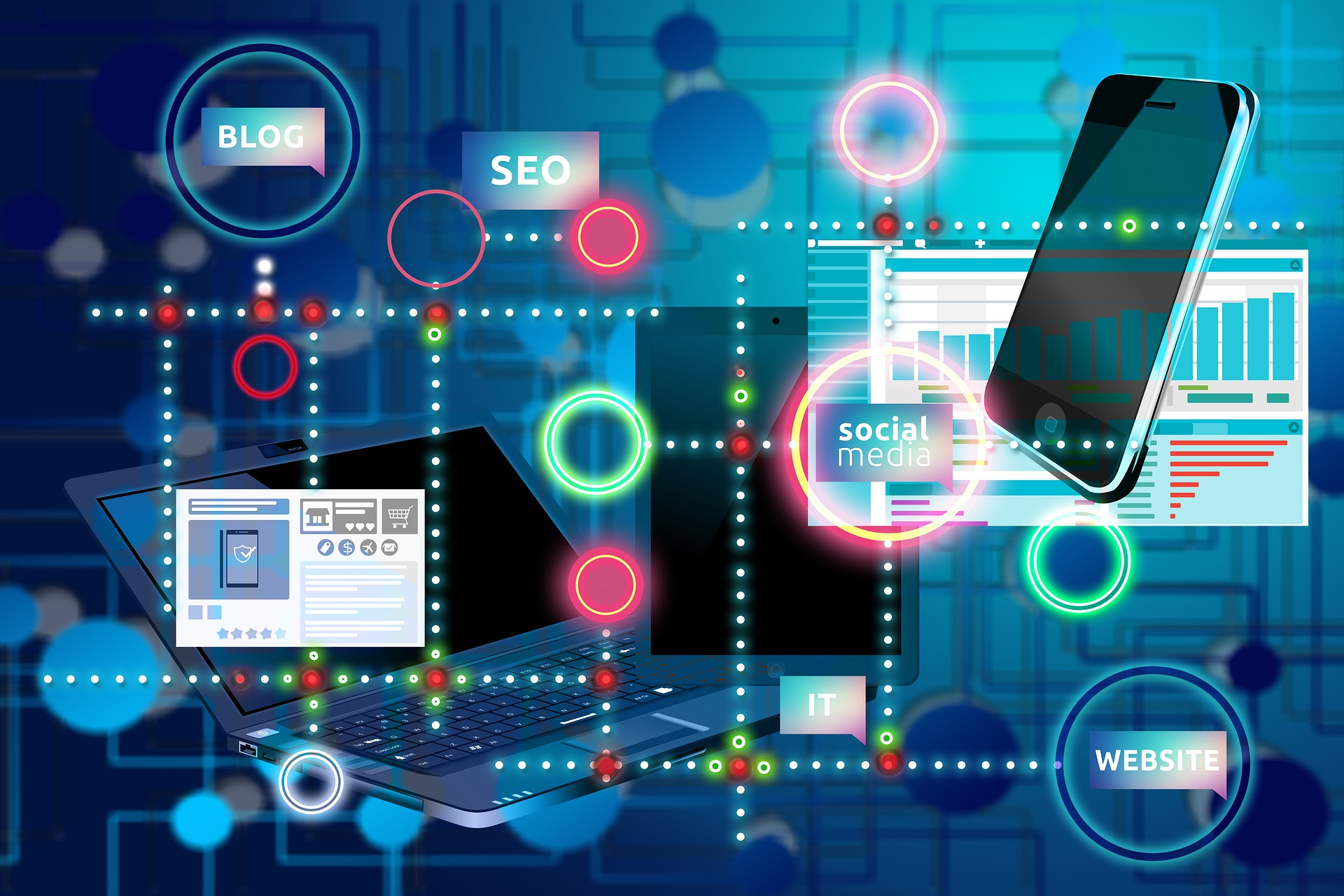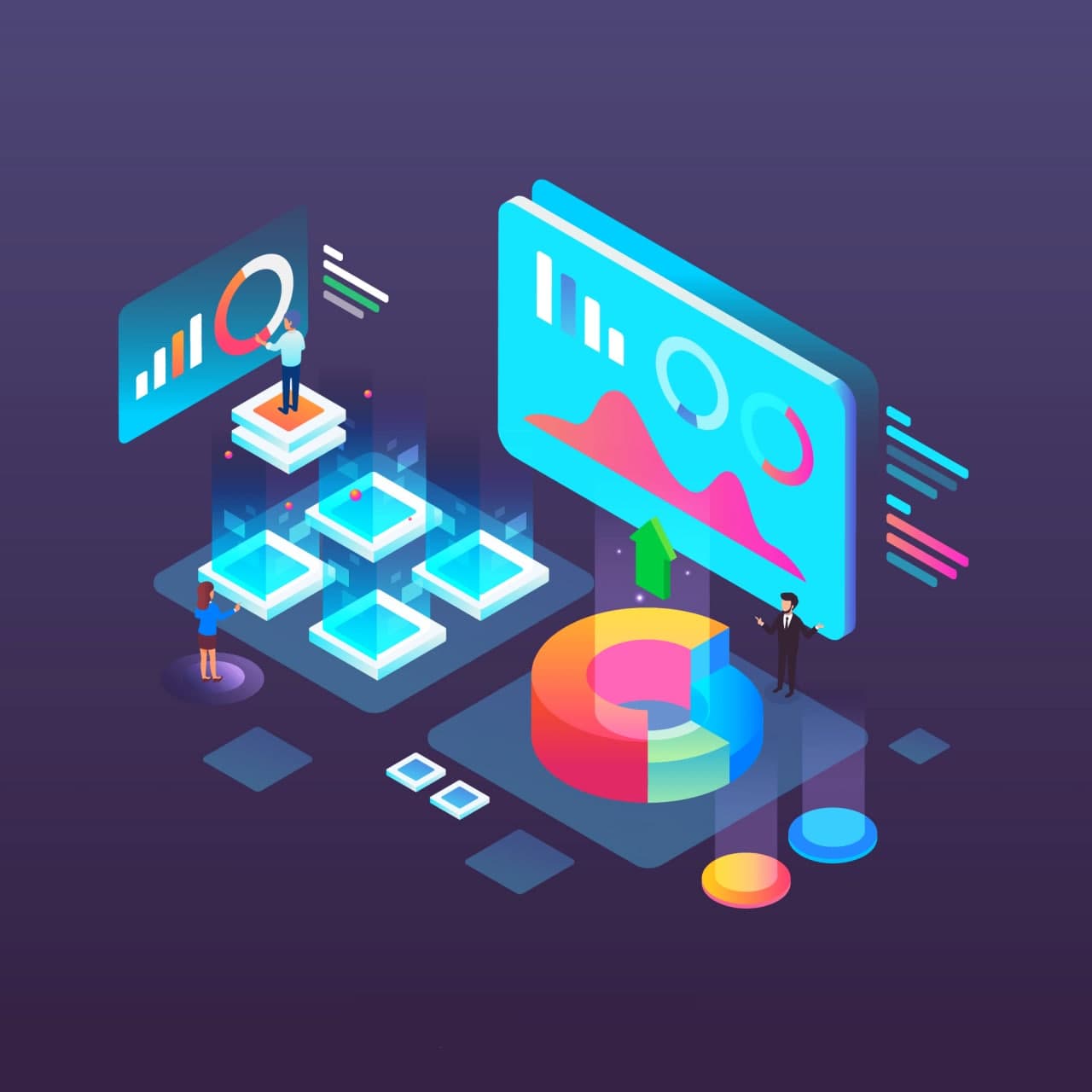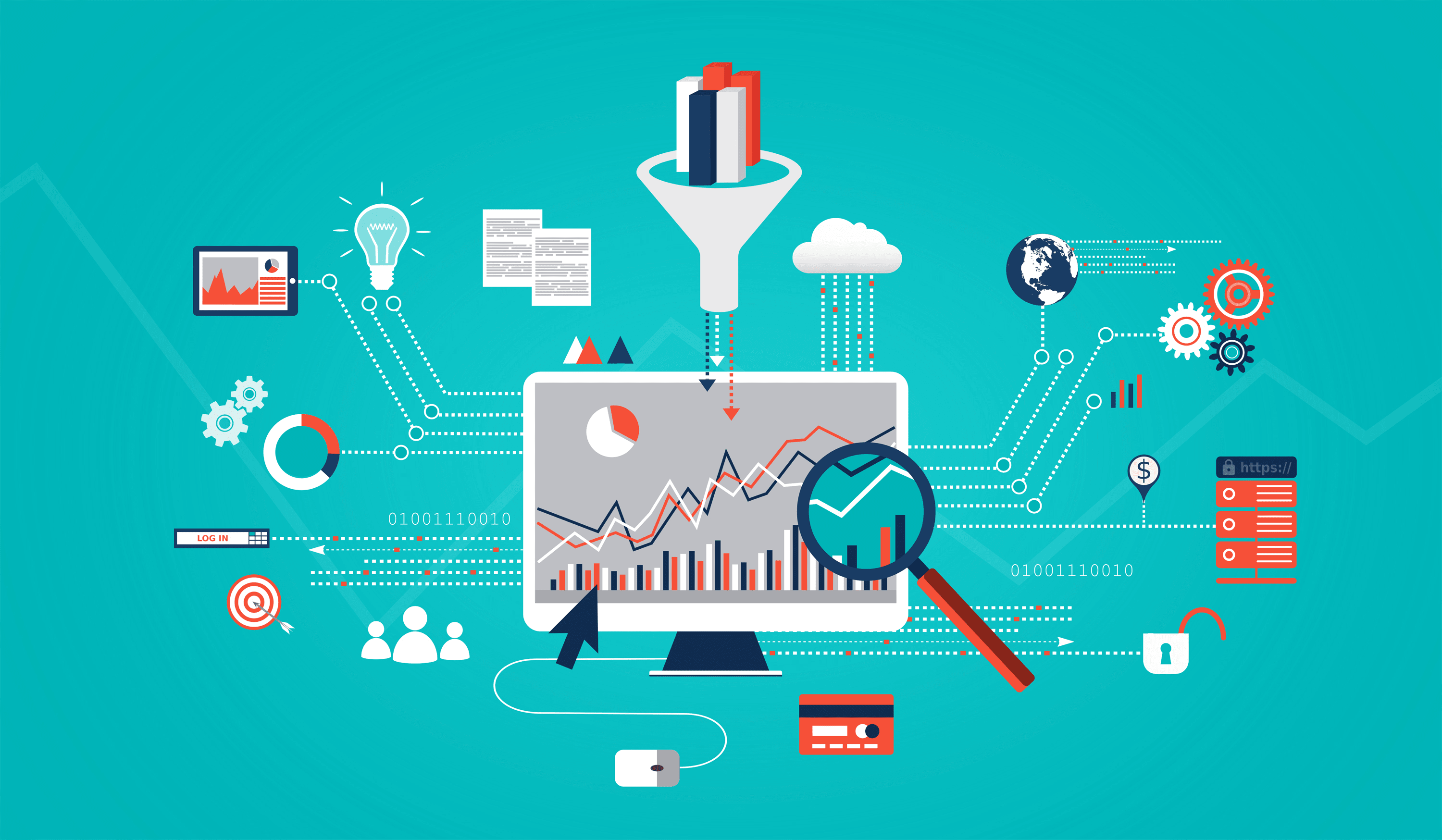Blogs/ TECHNOLOGY
Artificial Intelligence (AI) in Digital Marketing - Expectation vs Reality
Is Artificial Intelligence transforming the Digital Marketing Industry? Yes, there is a growing impact of AI in digital marketing which is unlocking opportunities to increase ROI. But do marketers have realistic expectations from AI?

Technology and Artificial intelligence have provided tangible market results across industries, and it has been rapidly reshaping the way we conduct business. When it comes to digital marketing, it has already started revolutionizing how businesses interact with their consumers online. Marketers have access to advanced technology and consumer insights enabling them to target highly relevant users, with customizable messages, automation of tasks offering significant business advantages, improved ROI generation, and new market exposure. Digital advertisers, however, have some expectations about the application of artificial intelligence in marketing, but it's not always that these anticipations come true. Here's a brief rundown of what advertisers expect of AI as they integrate it into digital marketing and what the ground reality is.
#1: Expectation: AI in digital marketing enhances customer journey and generates higher ROI
Businesses in diverse industries have been leveraging AI in their digital marketing campaigns, right from optimizing their advertising efforts by targeting the most relevant audience, with the most relevant personalized messaging to increasing the engagement rate and marketing automation. Various digital marketing platforms and technologies powered by AI allow organizations to simplify and increase productivity for their marketing activities. Thus, corporate executives plan to boost the ROI in their business operations by harnessing artificial intelligence. An example of AI in digital marketing is advertising on platforms like Google and Facebook that leverage AI to help advertisers reach their potential target audience based on the behavior of their users on the platform, or different bid strategies like target CPA, target ROAS, maximize conversions powered by AI to control the delivery of ads to users that are more likely to convert and meet the advertisers’ targets and boosts ROI.
Reality: The output from AI is only as good as the input given to the AI tool
Businesses are creating an AI-driven marketing automation approach and leveraging existing tools powered by AI to generate better ROI. However, just the implementation of AI tools is insufficient to support advertisers and marketers. Algorithms are the foundation on which AI applications and tools work but the AI can only generate results depending on the inputs given to it. Therefore you need a fitting algorithm backed with consumer insights to produce the best results. If we look at the AI tools on advertising platforms like Google and Facebook, the algorithm works on the inputs from the advertiser in terms of the target audience and messaging, learns based on user interactions, and produces similar results. This means the advertiser has to run campaigns targeting relevant audience groups for long enough to give the algorithm signals about the users that actually matter and not just focus on the cost of the acquisition. For example, the advertiser runs campaigns and generates leads at a lower cost but the qualification ratio of the leads is very low, the algorithm will churn out more and more leads that are not qualified, which in turn drives up the cost and negatively impacts the ROI.

#2: Expectations: AI will handle all marketing tasks and replace marketing jobs
Business owners think that AI can execute complete marketing tasks for them and is a magic solution to all marketing requirements. AI can handle all aspects of marketing from delivering emails to client support. And marketers fear that the growing impact of AI can reduce the need for a “human touch” in marketing and put them out of jobs. But can AI really be left to handle the complete gamut of marketing activities?
Reality: AI can only be used to amplify human marketing efforts and not replace them
Allocating large budgets for the implementation of AI tools with the expectation that they will carry out all your marketing tasks is impractical. AI helps in simplifying your marketing activities, improving efficiency and productivity, by automating repetitive tasks like data organizing, segmentation, and analysis, but crafting marketing strategies to achieve goals based on this data requires human intervention. In order to automate processes, the tasks must be prioritized. And, in order to automate diverse functions, you have to integrate various AI software and applications.
If you implement an AI tool, your work is not entirely done; you must review and periodically adjust the algorithm. Making sure processes are streamlined and working in accordance with your needs.

#3: Expectation: AI will give you instant results
The buzz around artificial intelligence has generated extensive hope for companies across all industries. With this, marketers also want AI to produce immediate results. With a segment of the people believing that all they need to do is set business marketing priorities, and the rest will be taken care of by AI, producing improved ROI and immediate results.
Reality: AI does not yield immediate results
AI can, of course, deliver good market results. However, AI, more often than not, won't have instant results. It takes time for outcomes to be obtained. You may have learned that AI achieves immediate outcomes. But what's easily forgotten is that the output from AI is only as good as the input given to the system and it requires work and time from marketers to provide the right signals to the AI software and applications to amplify results from the right data. AI will help you build and track marketing strategies, but you have to review the campaigns periodically and make adjustments where appropriate. While AI-enabled technologies can aid the detection of viewers interested in your advertising, there's still a substantial amount of effort that needs to be put into the personalization of advertising and communication to retarget consumers and edge them along the conversion funnel. It seems simple, but marketing campaigns require substantial attention and marketers can most certainly take advantage of AI to aid in the deliverance of positive business outcomes.

Here are a few basic and realistic examples of how AI can be used in Digital Marketing
Chatbots
Chatbots help businesses provide round-the-clock and timely support to their customers, increase engagement, track real-time user behavior, and promote users to share their contact information for additional details.
Data Analytics
AI has the ability to process, segment, and analyze data and provide valuable insights which can otherwise be missed by humans, having the right system in place to track valuable data and use them to drive data-driven decisions and digital strategies.
Predictive Analysis
AI analyzes consumer behavior online and predicts purchase trends, such as the likelihood of a user making a purchase, frequency of purchase, the time gap between return purchase, etc. which can be used in marketing strategies and highly optimized digital marketing campaigns.
Enhanced user experience
Personalized messaging on ads, emails, and websites, intuitive UX, developing websites and apps with personalized website experience, etc. are some of the things that AI can deliver at dizzying speeds to enhance user experience.
Parting thoughts
Artificial Intelligence fundamentally helps you boost your marketing campaigns. To get the most out of AI, you have to have a clear business strategy in place. The advantages of using AI tools and software vary for multiple market sectors and to reap the benefits; you must carefully examine how AI will best serve the company. In order to produce better market outcomes, you will need to understand if and how your rivals use AI. When starting out automate a few marketing campaigns using AI but don't forget to monitor the findings and adjust them as necessary periodically. Today, With the evolving dog-eat-dog landscape, only firms with a strong strategy achieve a competitive edge.




